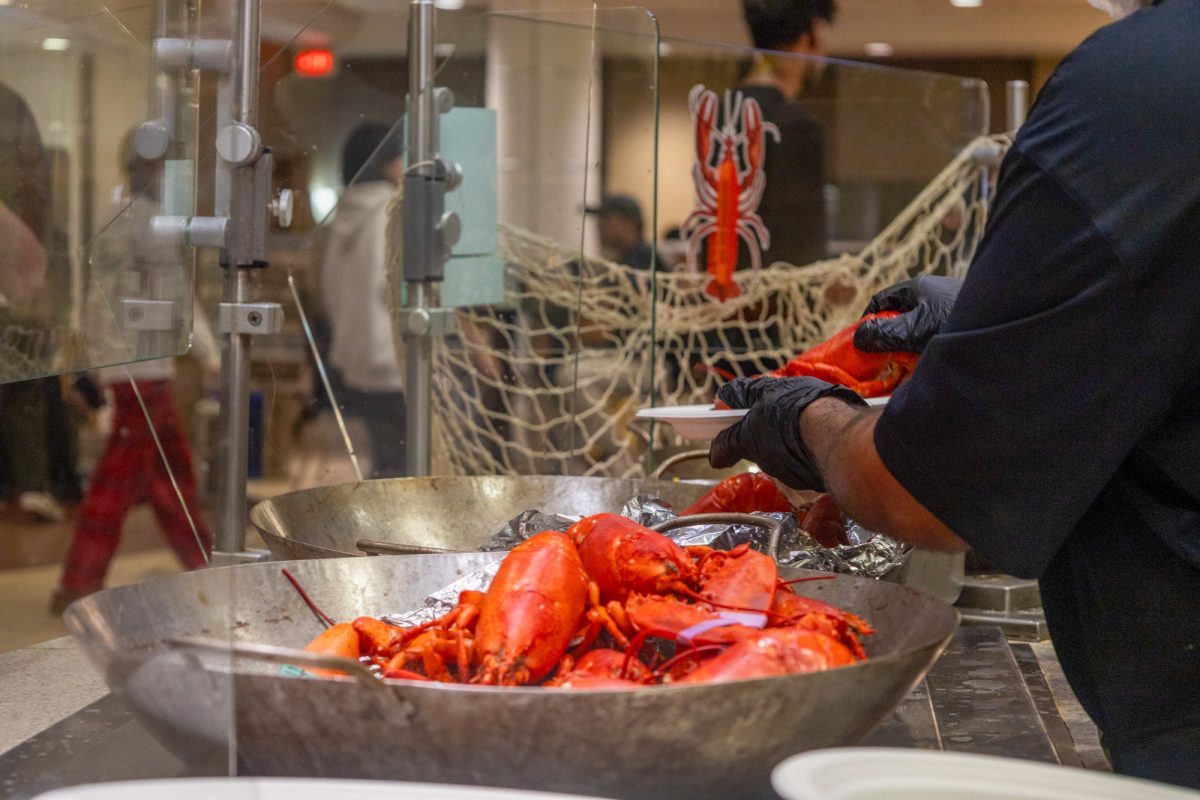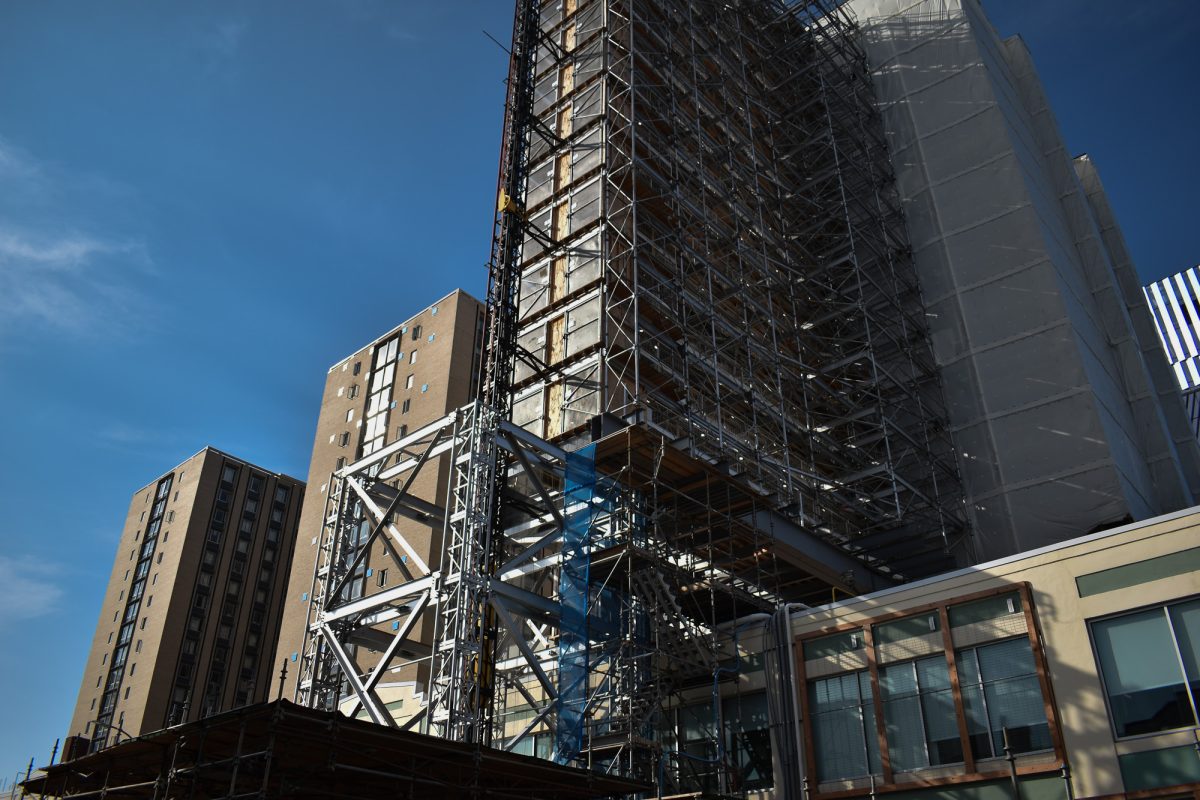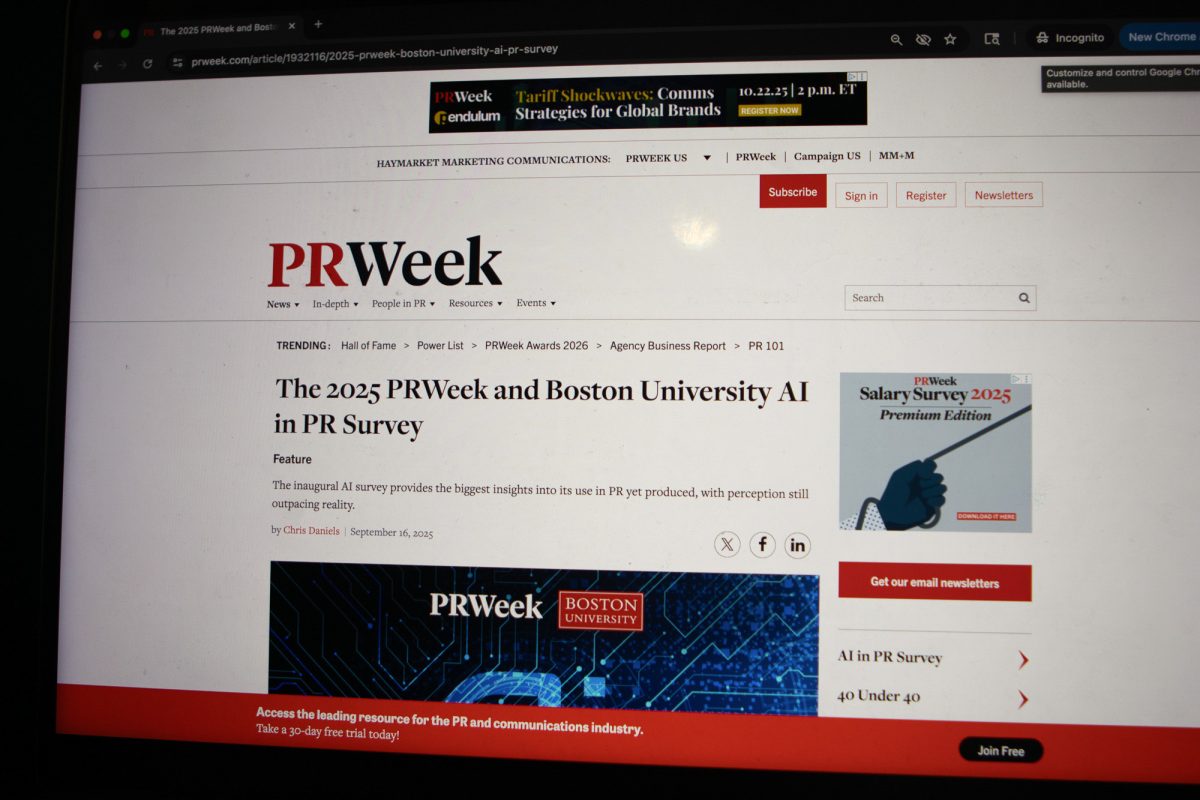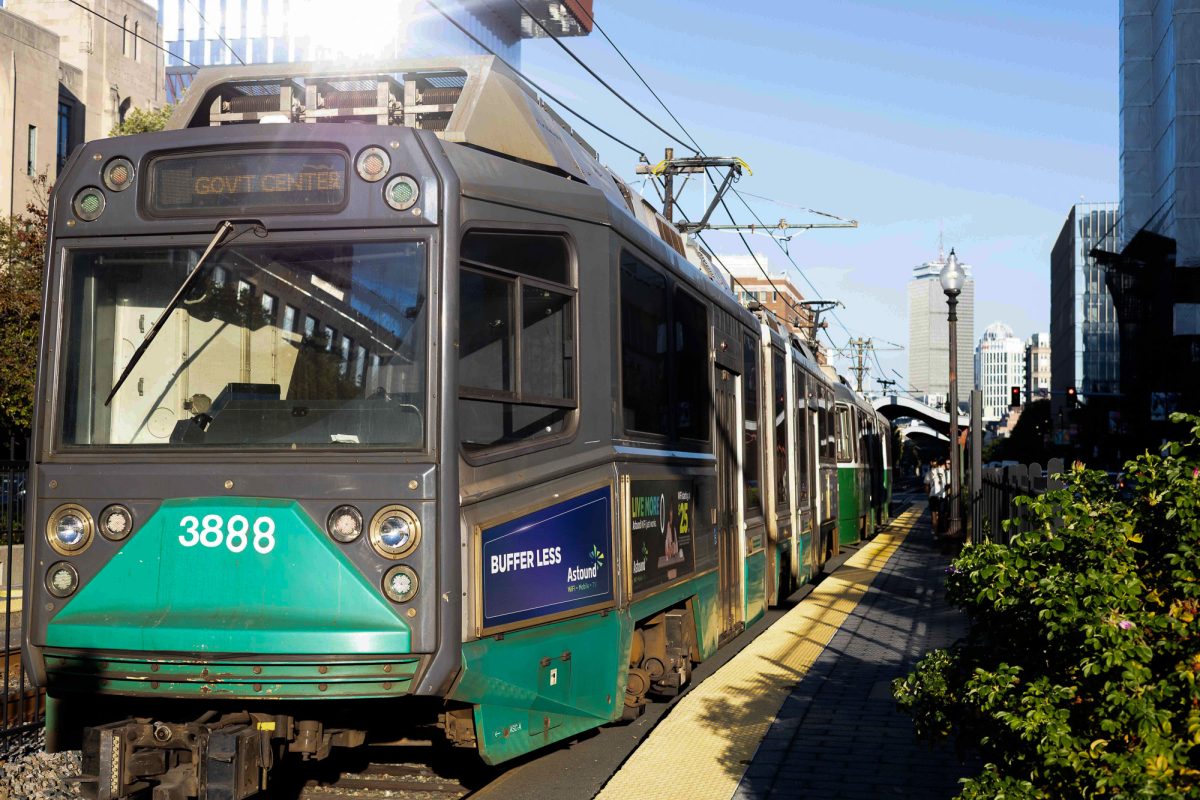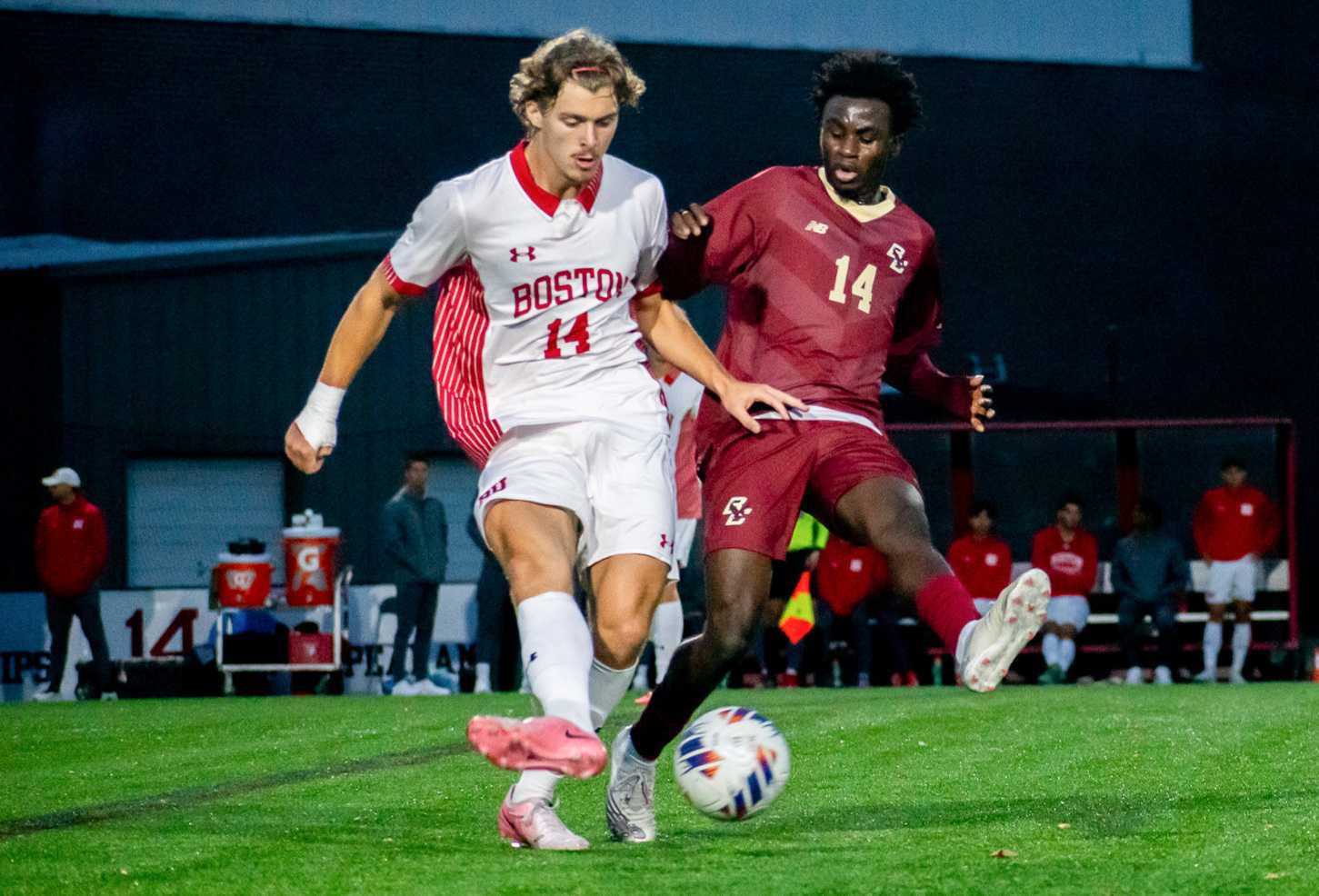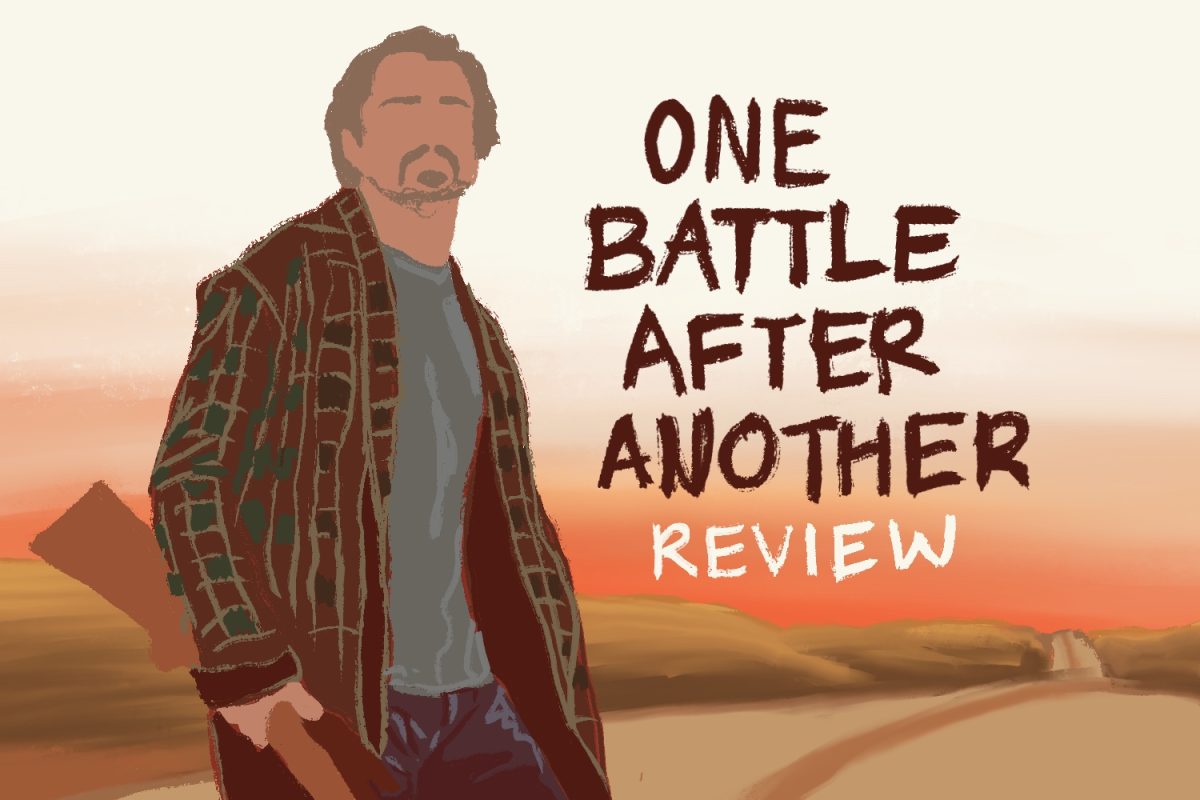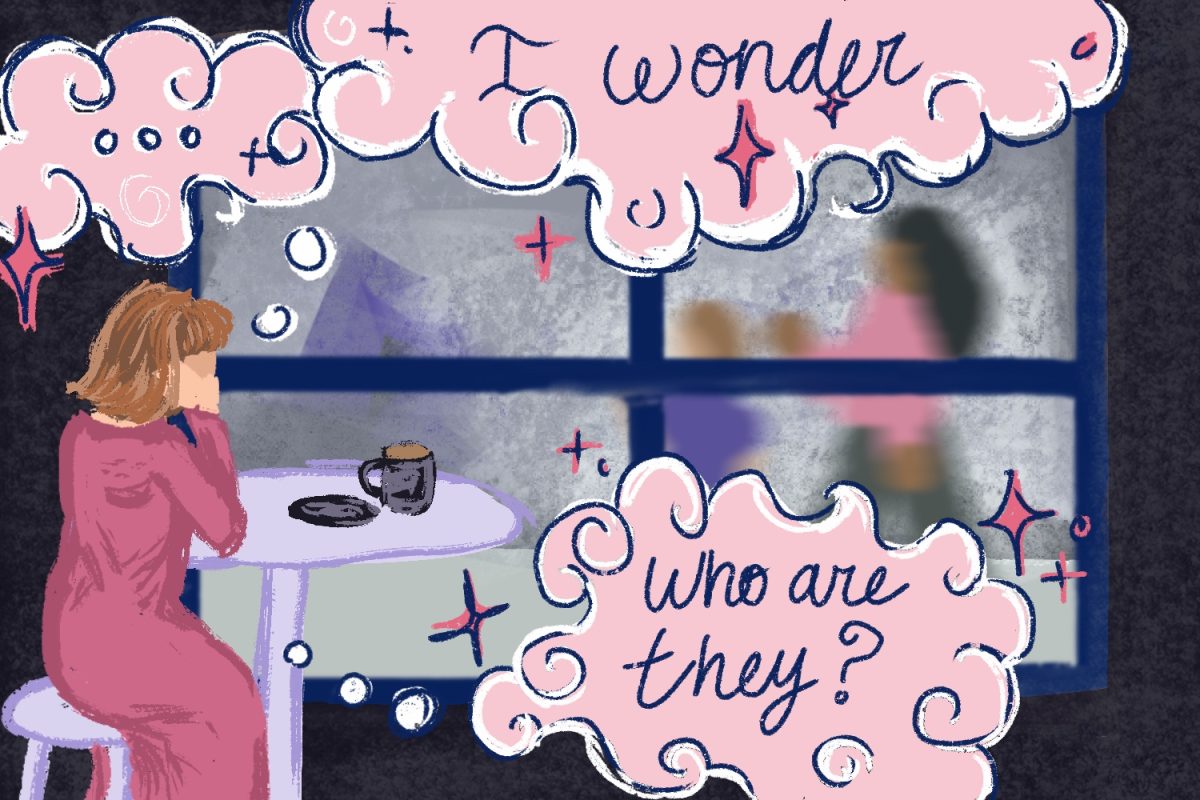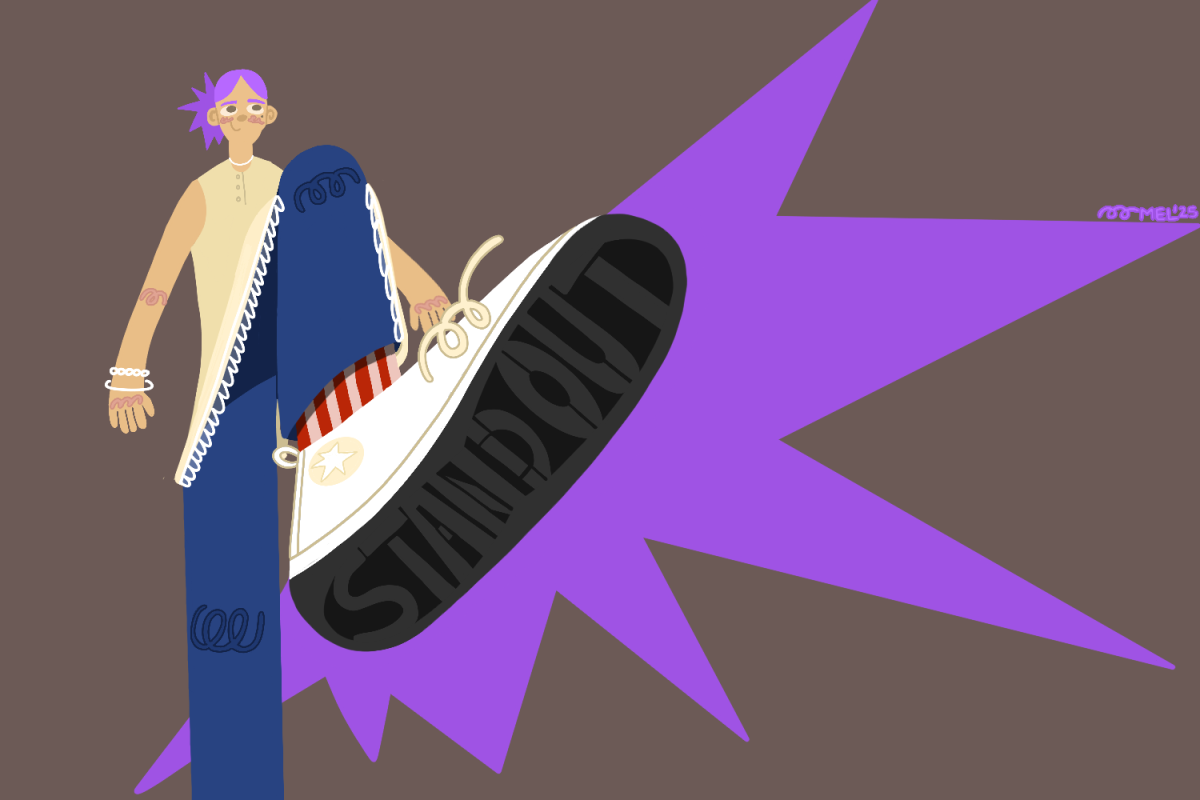The prison industrial complex thrives off of cyclical imprisonment.
Across the country, prisoners are working up to 12 hours a day while earning less than $1 an hour for their labor. By law, this is not seen as a form of slavery and is legally protected under the 13th Amendment.
In the United States, slavery is illegal unless it is a form of punishment for a crime. This is an amendment included to ensure that those in power can have some form of permanent control over the oppressed.
Traditional American slavery then evolved into sharecropping, similar to prison labor, in which some provisions such as clothing, housing and food were provided for workers. But sharecroppers were often deeply indebted to the landowners because they did not make any capital gains.
In essence, sharecropping was an effective form of slavery — prison labor is no different.
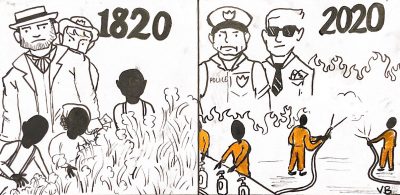
Prisoners are situationally forced into labor. Requirements for work vary across state jails, but in federal prisons all medically able inmates must work. The money they earn is then used to purchase essentials for basic wellbeing, such as phone calls, tampons and even soap.
Certain necessities are not offered in correctional facilities, so consequently, prisoners must work at incredibly inhumane wages to afford them. Even then, it can take several weeks to purchase what they need — imagine if you earned 12 cents an hour for your labor.
The American prison industrial complex is worth billions of dollars. The U.S. has the largest private-prison population in the world, and it serves as another form of institutional racism. Starting with the War on Drugs in the 1980s, cops began over-policing Black and Brown neighborhoods and harsher mandatory minimum sentences created a new need for more prisons.
As more facilities are built, they are going to be filled one way or another.
There is nothing inherently wrong with the idea of prisoners working while they serve their punishment. It is a way for them to productively contribute to society and occupy their time besides sitting in a cell all day long.
But that option to work should be voluntary and humane — not in exchange for health care items and the chance to speak with their family. It should also focus on rehabilitation and preparation for life outside prison rather than solely punishing them for their crimes. Being in prison is punishment enough.
Not only are inmates punished the entire time they are in jail, they suffer consequences once they leave as well. The prison industrial complex thrives off the increased difficulty of living a normal life once you leave: it practically guarantees that you will come back because a criminal record often cuts off potential avenues to a productive, fulfilling life. How is that supposed to diminish incentives to commit more crime?
Those who come out of jail have an incredibly difficult time finding work, even at entry-level occupations. How can someone know what to do with their life if they spent a decade getting punished rather than prepared for the workforce? Their life is in a deadlock at that point.
Prisoners should have the option to put the jobs they held while incarcerated on their resume because it is valuable experience. And their time spent, depending on the crime, should not be an inhibitor for future job opportunities.
In California, prisoners have often fought forest fires at a rate of $1 an hour. Until recently, they could not even earn a firefighter’s license after their sentence was up. But, as prisoners were released from jails and prisons due to COVID-19, California quickly realized how much it relied on prison labor to fight the fires.
On Sept. 11, California Gov. Gavin Newsom signed legislation that will help inmates clear their records and become eligible for a firefighter’s position.
This is a step in a better direction for the criminal justice system, but it shouldn’t have taken such a dramatic display of the value of their labor to see that they deserve to enter the workforce after serving their sentence. Having committed a crime does not mean they inherently don’t deserve a living wage, respect or the chance to start over.
And their work is worth more than a few cents. Private companies are profiting off their labor every day, and all states who allow this can take the initiative to bump up inmates’ earnings.
Prison should be a place for rehabilitation, mental health resources and guidance on how inmates can improve their lives and contribute to society after release. Instead, it’s an institution that prioritizes financial profits over the living conditions of its people. There is no humanity in that, but rather the selfish greed of capitalism.
The prison system is not designed to address crime. It is simply a revolving door: the people who come in are never truly offered a way out, even after release.



